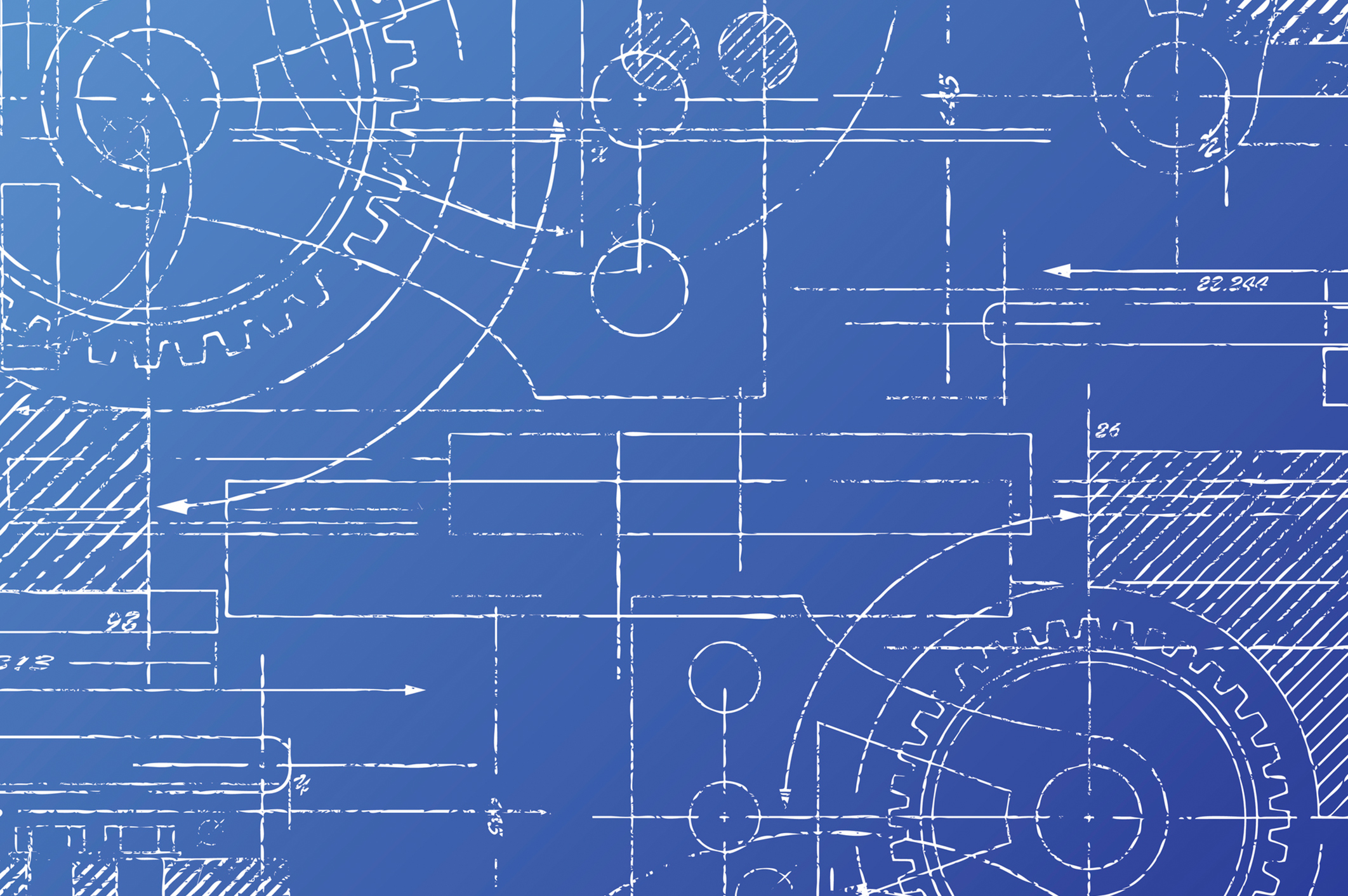What do genes have to do with it?
5 things you need to know about genetic coding.
When you think of your genetics, what comes to mind? Perhaps you think about the eye colour you inherited from a parent, or your predisposition to summertime freckles? Genetics play a part in the way that we look. They also play a part in the way that we feel and how likely we are to suffer from disease and illness.
At The Maas Clinic, our Functional and Integrated Medicine practice, we use the study of genes, epigenetics and nutrigenomics to help our clients to prevent and reverse disease and chronic illness.
Understanding your genetic coding can be transformational. Here’s why:

1. Understanding your gene codes is like getting a blueprint to your body.
Think of your body like a big extensive building; now imagine that you have a leak in that building and you have no idea where it is coming from. You could walk around the building looking for gaps and holes. But it would most likely be a waste of your time and very difficult to find the answer. Remember, this is a big building.
Now, what if you had a blueprint to that building, and not only are you able to see where the leak is coming from, you can also see other potential problems. And—the best part!—you get an instruction manual on how to fix them all? Receiving the results of genetic testing is similar. We can see which gene codes have errors, and use epigenetics and nutrigenomics to correct those errors.
2. Diet, lifestyle and behaviour changes can completely change your genetic expression.
We inherit our genes from our ancestors—both good and bad. An individual’s predisposition to disease and chronic illness is due to genetic error codes. The good news is that epigenetics and nutrigenomics can be used to influence these error codes and even correct them!
Epigenetics refers to the use of lifestyle, environment and behaviour changes to correct genetic error codes. Nutrigenomics refers to the use of supplements and foods to do the same. For example, if you learn that your genetic coding means that you are predisposed to heart disease, epigenetics and nutrigenomics can be used to correct that genetic coding error and diminish your risk of said disease.


3. It’s not just about your health now, it’s also about your longevity.
If you want to lead a long, healthy life, getting a grip on your genetic coding and improving its expression can help.
There’s no longer a need to use the phrase “it runs in my family” to excuse an illness or disease. It is possible to prevent such ill health occurring, by utilising epigenetics and nutrigenomics.
Simple lifestyle focuses like good quality sleep, a nutrient-rich diet and taking the right supplements, can have a huge positive impact on your gene expression.
4. Not all supplements are the same.
Hands up if you’ve ever bought a supplement because you thought you ‘should’ or a friend got great results and you bought it on their recommendation? Whilst we encourage the sharing of information among peers, every person’s genetic makeup is completely unique. What works for you may not work for someone else and vice versa.
The best way to know which supplements will work most optimally for you, is by taking a genetic test and pairing that with a blood test for vitamin and mineral levels. Genetically, some people are able to absorb certain forms of a vitamin over others. For example, vitamin B is notoriously difficult for some people to take in supplement form and yet it is one of the most crucial vitamins for optimal health. Once we know an individual’s unique genetic profile, we can advise on a form of B vitamin supplement that their body can absorb well.


5. Help is out there.
Here at The Maas Clinic, we run genetic tests as part of our client protocol. Knowing exactly what is going on within our clients’ genealogy allows us to tailor their treatment programmes to their unique gene coding.
Starting with the genes is efficient as there’s no ‘trial and error’ along the way when it comes to things like supplements. We recommend epigenetic and nutrigenomics changes based on an individual’s unique needs.
As our founder Dr Laurens Maas shares: “I think that the strength of genetics, epigenetics and nutrigenomics is so profound that it’s going to challenge the old ways of treating disease.”

 Phoenix Maas
Phoenix Maas Our Team
Our Team